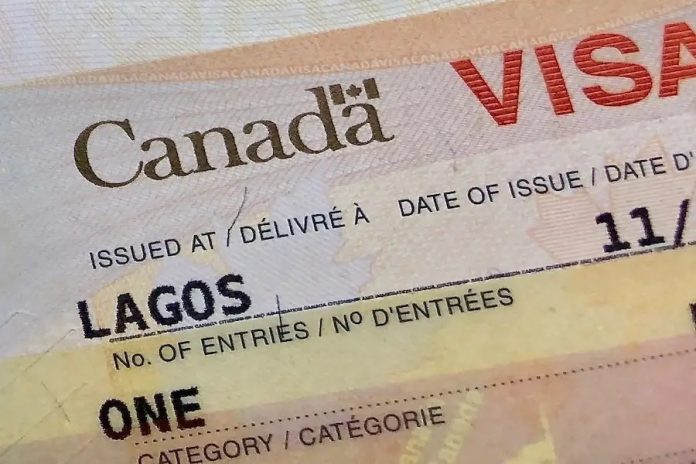Canada To Reduce Post-graduate Work Permit For International Students
Federal and provincial immigration officials in Canada are in talks to significantly revamp the Post Graduation Work Permit (PGWP) eligibility criteria.
According to the Immigration, Refugees, and Citizenship Canada (IRCC) Deputy Minister Transition Binder 2024, Canada’s immigration system aims to align PGWP issuance with labour market demands.
This alignment would facilitate easier access to work permits for students entry occupation facing shortages while restricting access for graduates from other programs.
Implementation Timeline
The binder indicates that “advice on this issue will be provided by the Minister in spring 2024, with the goal of implementing changes in January 2025.”
The proposal was further emphasized in an internal survey document recently sent to relevant stakeholders by IRCC.
This document outlined methods to align educational programs with PGWP availability and solicited feedback from stakeholders.
Proposed Implementation Strategies
While specific implementation details are still under wraps, notes from the internal survey reveal some strategies. IRCC, in collaboration with Employment and Social Development Canada (ESDC), has mapped job titles to programs of study to identify which educational programs equip international students with skills needed in high-demand sectors of the Canadian economy.
This alignment was achieved by synchronizing Canada’s National Occupation Classification (NOC) system with the Classification of Instructional Programs (CIP) system. For instance, the internal document illustrates that the “carpenter” NOC is mapped to three programs of study: construction trades, carpentry, and woodworking/general.
Rationale Behind the Changes
IRCC states that the primary objective of re-aligning labor market needs is to facilitate access to work permits for students in shortage occupations while reducing access for graduates from other programs. The PGWP program, last updated in 2008, has seen a 214% increase in work permits issued between 2018 and 2023.
Recent policy shifts by IRCC, including a cap on international students announced in January 2024, suggest further motivations.
The historic move to include temporary resident levels in the annual Immigration Levels Plan aims to prioritize permanent residents and citizens for jobs and reduce the strain on Canada’s social systems, such as healthcare and housing.
Immigration Implications
Gaining Canadian work experience through the PGWP is crucial for international graduates to build eligibility for many permanent residence (PR) programs. These federal and provincial economic PR programs often require at least a year of relevant work experience.
If these proposed changes to the PGWP program are implemented, they will likely have significant implications for international students currently studying in Canada. The potential restriction of PGWP access could affect their ability to gain necessary work experience and, consequently, their eligibility for permanent residence.





